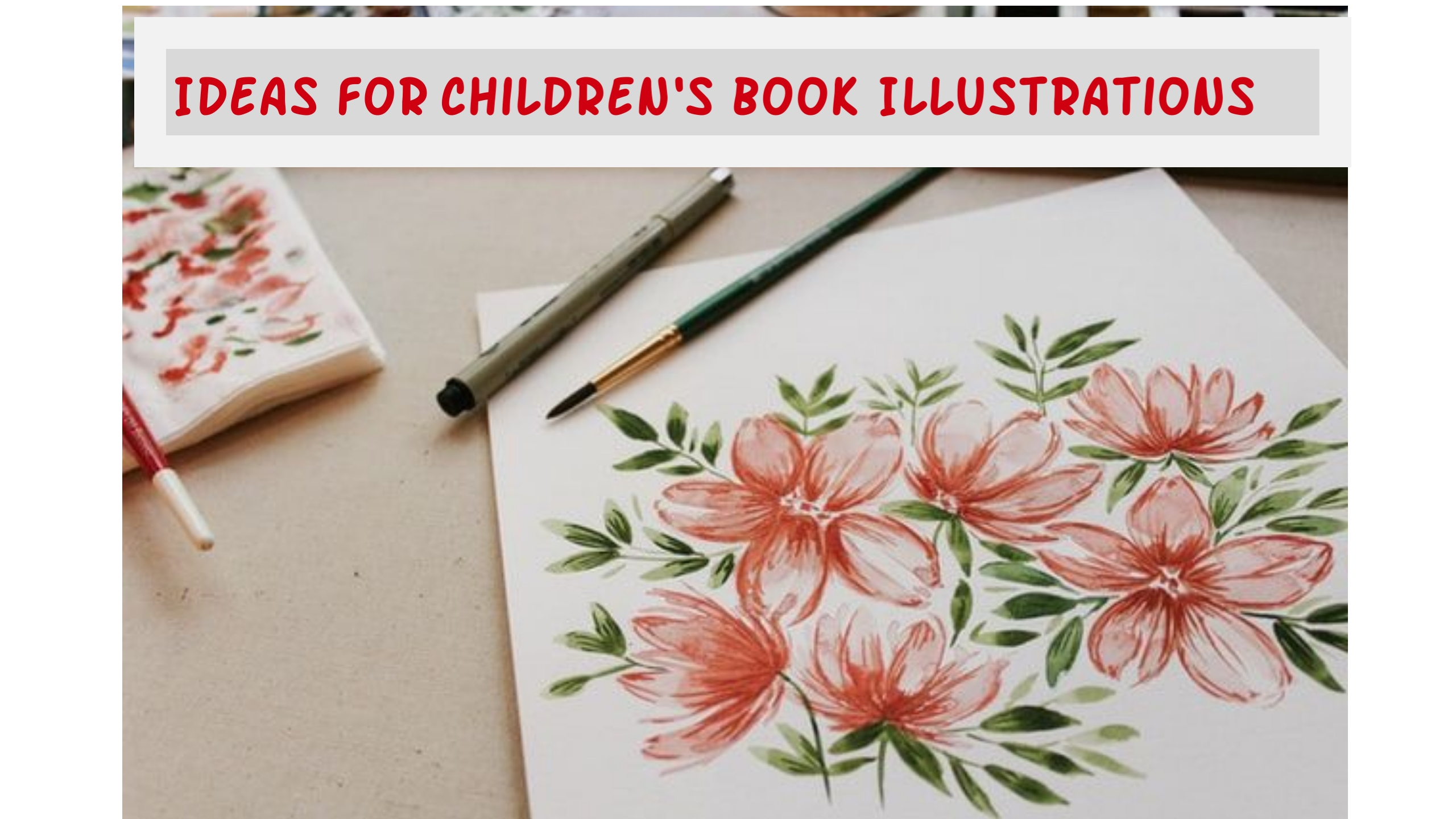
There is no better way to make the young reader absorbed in a book and the world presented therein than illustrations. They serve as a magic tool to develop love for reading at an early age. Therefore, your best children’s book story requires enchanting illustrations to bring characters to life. If you wonder how to illustrate children’s books, then 5 simple tips below are what you need.
1. Catch the Emotional Side of the Story: Characters and Setting
Read the book story several times to understand the emotional side, spirit, characters, and setting. It will help you choose scenes to draw.
Furthermore, determine the color scheme to represent the setting.
Note, choose bright colors to impart positive emotions and use contrast and contours to give prominence to characters.
Determine the style of illustrations: drawings that are close to reality are better perceived by children.
Get inspiration for your illustrations from nature, photos, and other points of reference. However, it is important to develop your own style but not to copy.
2. Choose the Layout of Illustrating a Children’s Book
If you want to publish on Kindle, better choose single-page spreads. However, if you plan to publish and print it on demand, you can choose double-page spreads.
It is important to leave white or bright space for the text properly. There should be enough space to avoid overlapping.
3. How to Illustrate Children’s Book without Drawing: Collage and Papercraft
These techniques can be the best for early readers.
In case of collage, experiment with materials. Make pictures using:
- leaves,
- pressed flowers,
- ribbons,
- fabric, etc.
Importantly, all materials should be pressed to scan the page easily.
Papercraft and paper sculpture to illustrate books for young readers can also serve as the best alternatives to drawing.
4. Illustrating Children’s Books Using Watercolor Sketches and Drawings
If you choose illustrating a picture book through drawing, it is important to make several sketches simply using a pencil. Then you can choose the best illustration of the scene or character and draw on watercolor paper.
You can also use watercolor pencils or oil pastel for illustrations.
Photoshop or other digital tools for illustrating can also be helpful, but hand-drawn illustrations can best impart the emotional and more realistic side of the story.
You can combine both tools: draw sketches and add contours and effects on your computer.
5. Insert the Text and Publish
Finally, the text font and font size are also very important. Choose exerpts and insert the text to fit the space left in the picture and avoid overlapping.
Finally, think and share your sources of inspiration for illustrating picture books.


Leave Your Feedback